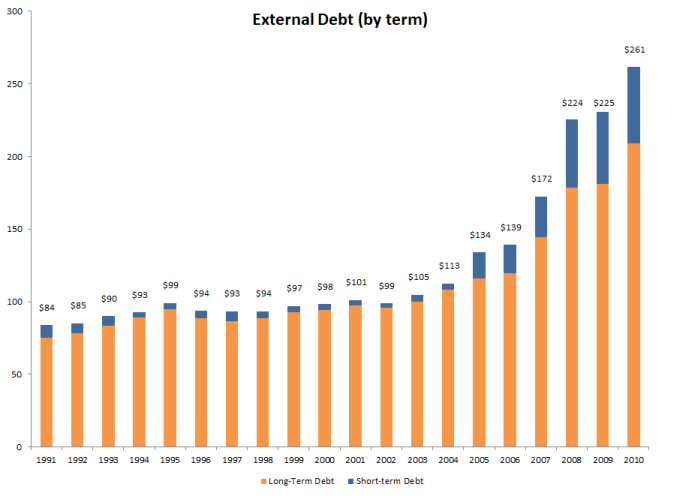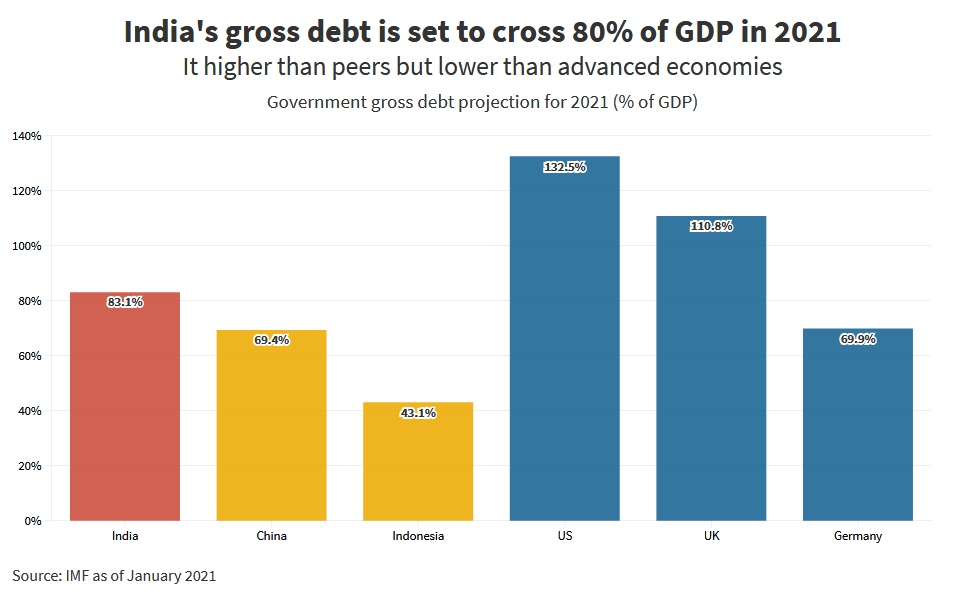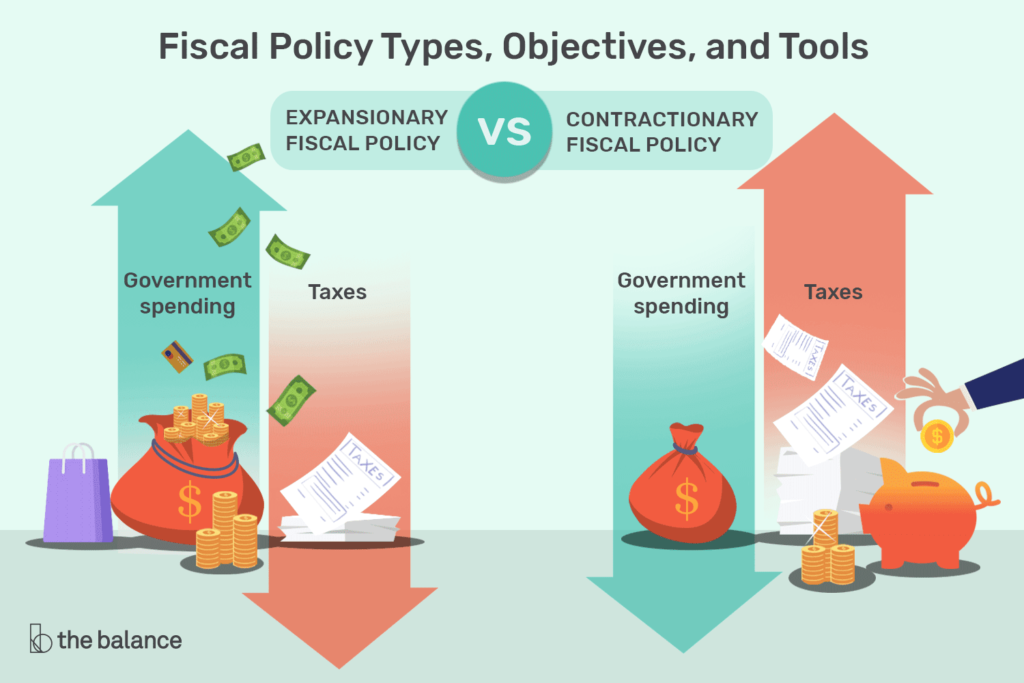India’s New Approach to Fiscal Imbalance
India, a land of diverse cultures and dynamic growth, has long grappled with the challenge of fiscal imbalance. The intricate dance between government revenues and expenditures has been a topic of national discourse, especially in recent times. In this blog post, we delve into the fiscal intricacies that India faces and explore the innovative approaches being adopted to address this imbalance.
Table of Contents
Understanding Fiscal Imbalance
Fiscal imbalance occurs when a government’s expenditures exceed its revenues, leading to a gap that needs to be filled either by borrowing or drawing from reserves. In India, this issue has been a recurring theme, with the government often facing the daunting task of managing a burgeoning population, diverse economic sectors, and the need for social welfare programs.

The Traditional Approach
Historically, the government’s response to fiscal imbalance involved resorting to borrowing and increasing taxes, a classic approach that, while offering short-term relief, had its limitations. High levels of debt and an overreliance on certain revenue streams created a delicate fiscal ecosystem prone to shocks.
The New Fiscal Horizon
Enter the new era of fiscal responsibility in India. The government has recognized the need for a paradigm shift and is implementing a multifaceted approach to strike a delicate balance between growth, sustainability, and inclusivity.
Digital Transformation and Efficiency Gains
One of the cornerstones of India’s new fiscal strategy is leveraging technology for efficiency gains. The digital revolution has paved the way for streamlined processes, reducing bureaucratic hurdles and minimizing leakages. From direct benefit transfers to the use of blockchain for transparent transactions, technology is being harnessed to create a more efficient fiscal landscape.
Diversification of Revenue Sources
To break free from the shackles of overdependence on certain revenue streams, the government is actively exploring diverse sources. This includes promoting the growth of non-traditional sectors, fostering innovation, and encouraging foreign direct investment. By broadening the revenue base, India aims to create a more resilient fiscal structure.

Targeted Social Spending
Recognizing the importance of social welfare, the government is redefining its approach to spending. Rather than adopting a one-size-fits-all strategy, there is a shift towards targeted spending on critical areas such as healthcare, education, and poverty alleviation. This nuanced approach ensures that resources are allocated where they are needed the most.
Fiscal Prudence and Debt Management
Learning from past experiences, there is a renewed emphasis on fiscal prudence. Striking a balance between developmental needs and financial discipline, the government is working on a comprehensive debt management strategy. This involves optimizing borrowing costs, managing debt levels, and ensuring that borrowed funds are invested judiciously.
The Road Ahead
As India embraces this new fiscal approach, challenges undoubtedly lie ahead. Adapting to change requires a collective effort from policymakers, businesses, and citizens alike. However, the potential benefits are immense – a more resilient economy, sustainable growth, and improved quality of life for all.
In conclusion, India’s journey towards fiscal equilibrium reflects a commitment to evolve with the times. The new fiscal approach, marked by technological innovation, diversified revenue streams, targeted social spending, and fiscal prudence, lays the foundation for a more robust and inclusive economic future. As the nation navigates the fiscal seas, the winds of change propel it towards a horizon where balance is not just a goal but a sustainable reality.
Fiscal Responsibility in India
In the grand tapestry of India’s economic landscape, the concept of fiscal responsibility weaves its intricate threads. As the nation continues to evolve, the need for a balanced and responsible fiscal approach has become increasingly apparent. In this blog post, we embark on a journey to understand the nuances of fiscal responsibility in India and explore how it shapes the nation’s economic destiny.
Unveiling Fiscal Responsibility
Fiscal responsibility goes beyond mere financial management; it is a commitment to judiciously handle public finances, ensuring sustainability, and fostering economic growth. In the Indian context, this responsibility becomes paramount given the country’s diverse challenges, ranging from population dynamics to sectoral complexities.
The Foundations of Fiscal Responsibility
Budgetary Prudence
At the heart of fiscal responsibility lies budgetary prudence. The government’s annual budget is more than just numbers; it’s a roadmap for the nation’s financial journey. A responsible budget entails a careful balance between revenue generation and expenditure, with a keen eye on long-term economic goals.

Debt Management
India’s fiscal responsibility extends to managing its debt effectively. Striking the right balance between borrowing for developmental needs and avoiding an unsustainable debt burden is crucial. A well-managed debt strategy ensures that borrowed funds contribute to economic growth without compromising future financial stability.
Inclusive Growth
Fiscal responsibility is not just about numbers on a balance sheet; it’s about fostering inclusive growth. The government plays a pivotal role in ensuring that economic benefits reach all segments of society. Targeted social spending, welfare programs, and poverty alleviation initiatives are integral to a responsible fiscal strategy.
Adaptability to Change
In a rapidly changing global landscape, fiscal responsibility demands adaptability. India’s economic policies must evolve to meet emerging challenges, whether it be technological disruptions, global economic shifts, or unforeseen crises. Flexibility in fiscal planning is a key attribute of a responsible economic framework.
Challenges on the Fiscal Horizon
As India strives for fiscal responsibility, challenges inevitably arise. Balancing the needs of a growing population, addressing sector-specific issues, and navigating external economic pressures require astute decision-making. The government’s ability to navigate these challenges while staying true to the principles of fiscal responsibility will define India’s economic trajectory.
Innovations in Fiscal Responsibility
Technology as an Enabler
Embracing technology is a hallmark of India’s modern fiscal responsibility. The digitization of financial processes, from tax collection to government transactions, enhances transparency, reduces corruption, and streamlines fiscal operations. The Digital India initiative is a testament to the transformative power of technology in fostering fiscal responsibility.

Green Finance Initiatives
Recognizing the environmental challenges ahead, India is integrating green finance initiatives into its fiscal responsibility framework. Investments in renewable energy, sustainable infrastructure, and environmentally conscious policies are not only responsible but also contribute to long-term economic resilience.
Public-Private Partnerships
Collaboration between the public and private sectors is a key driver of fiscal responsibility. Partnerships in infrastructure development, healthcare, and education leverage the strengths of both sectors, optimizing resources and promoting efficient service delivery.
A Vision for the Future
As we reflect on India’s journey towards fiscal responsibility, a vision for the future emerges – one where economic growth is harmonized with social welfare, environmental sustainability, and adaptability to change. The responsibility lies not only with policymakers but with every citizen to contribute to the nation’s fiscal well-being.
In conclusion, India’s pursuit of fiscal responsibility is a dynamic and ongoing saga. The challenges are manifold, but the commitment to a responsible and sustainable economic future is unwavering. As the threads of fiscal responsibility continue to weave through the fabric of India’s economic narrative, the nation marches forward, nurturing prosperity for generations to come.